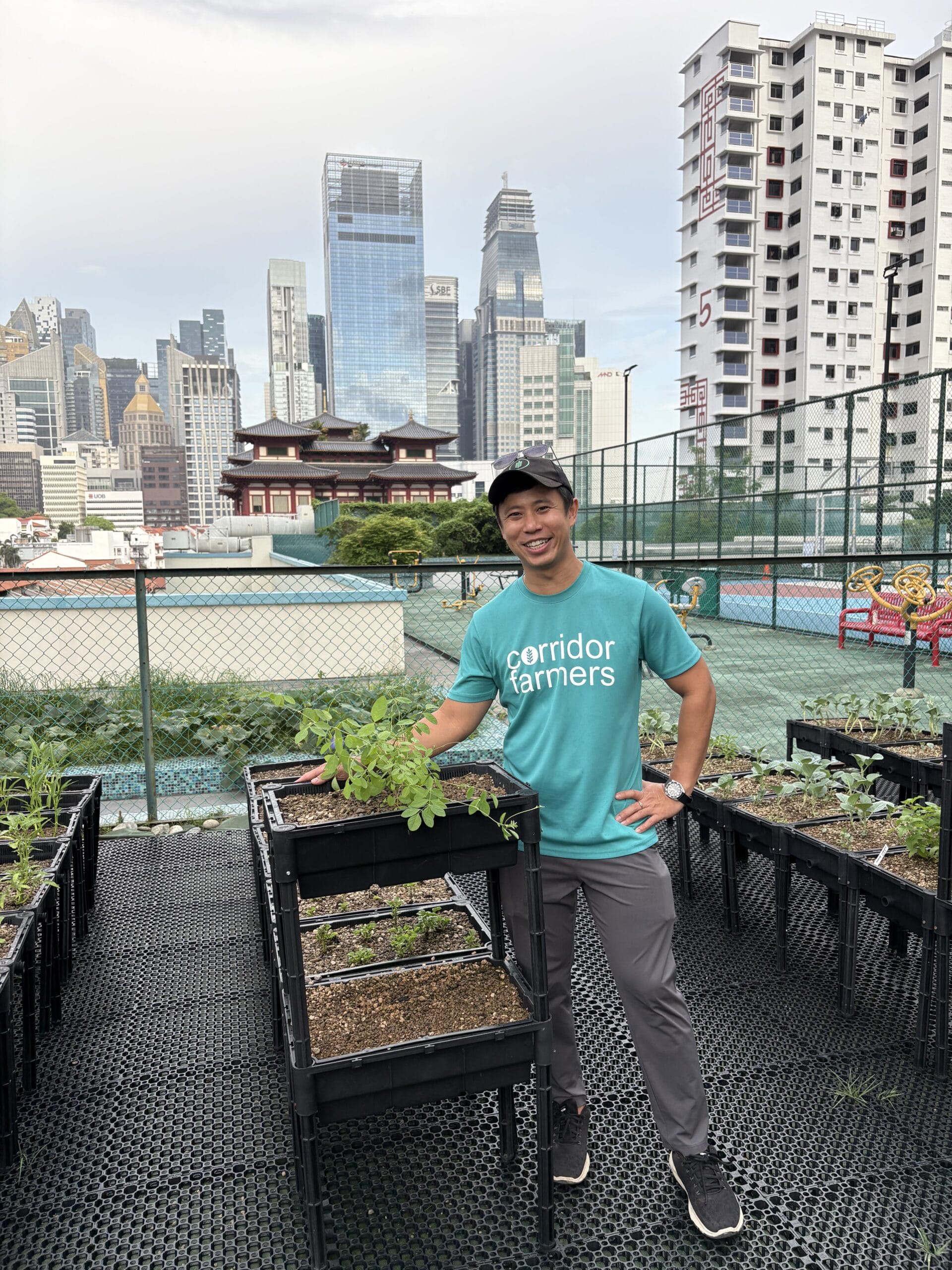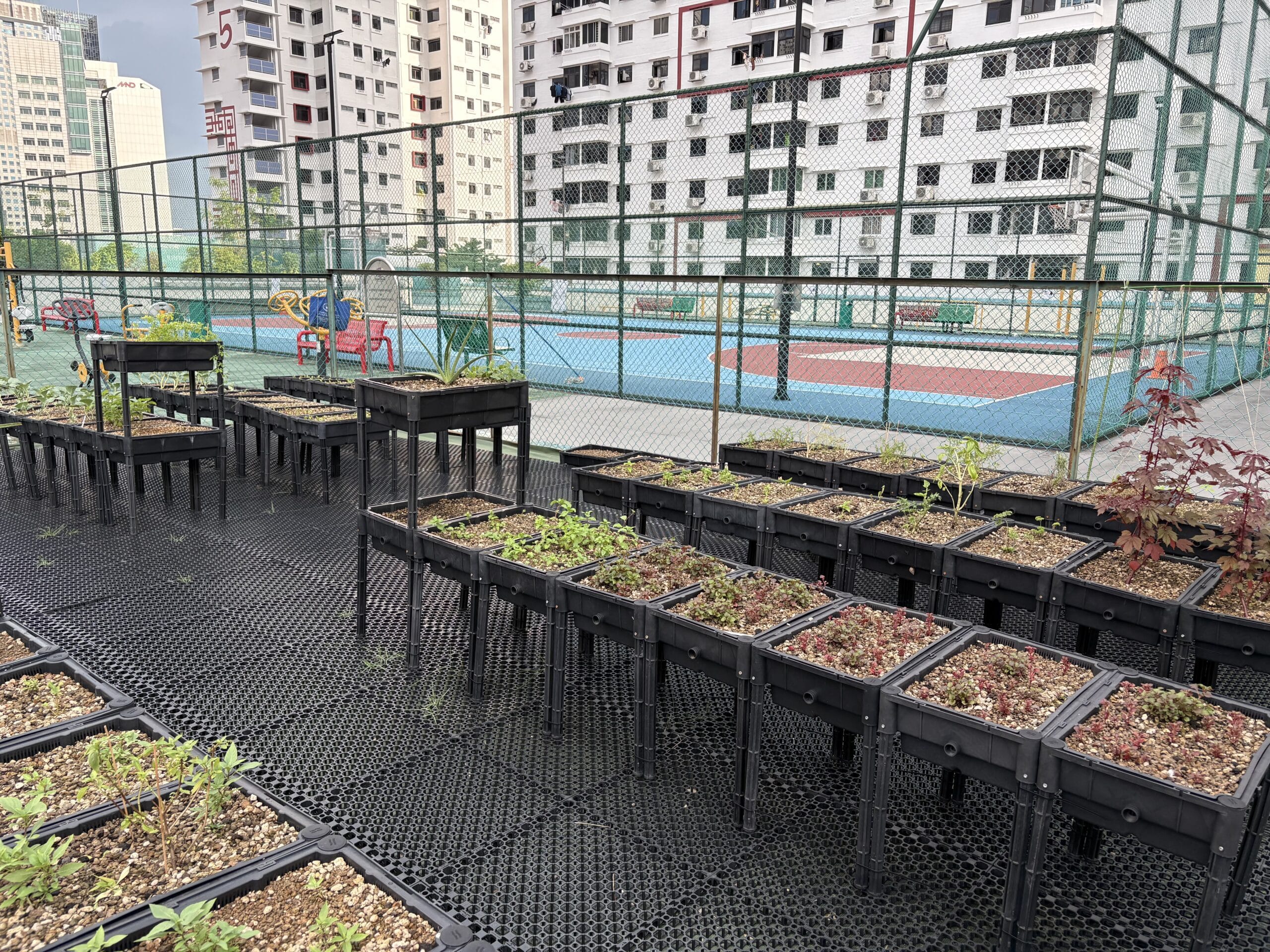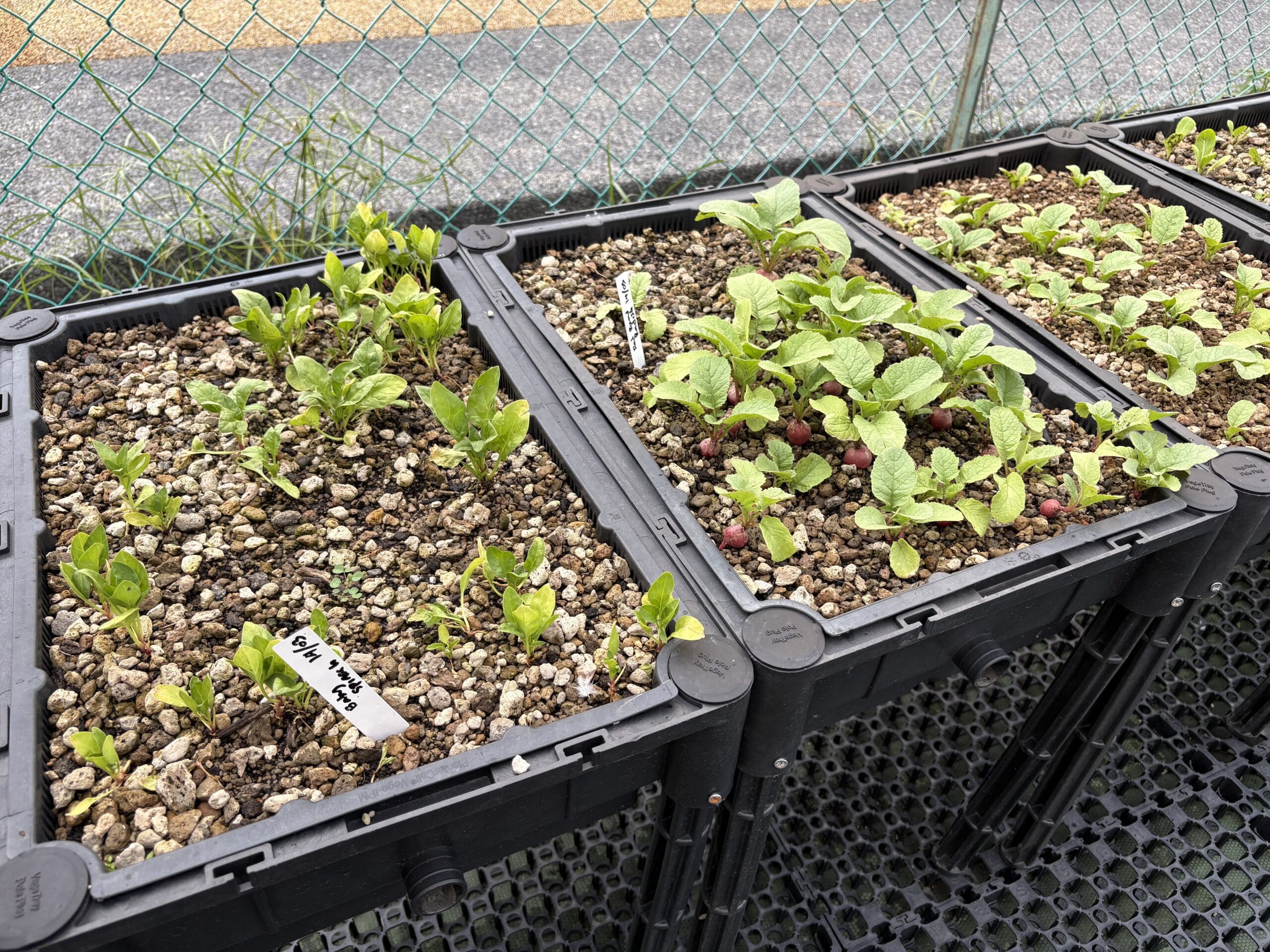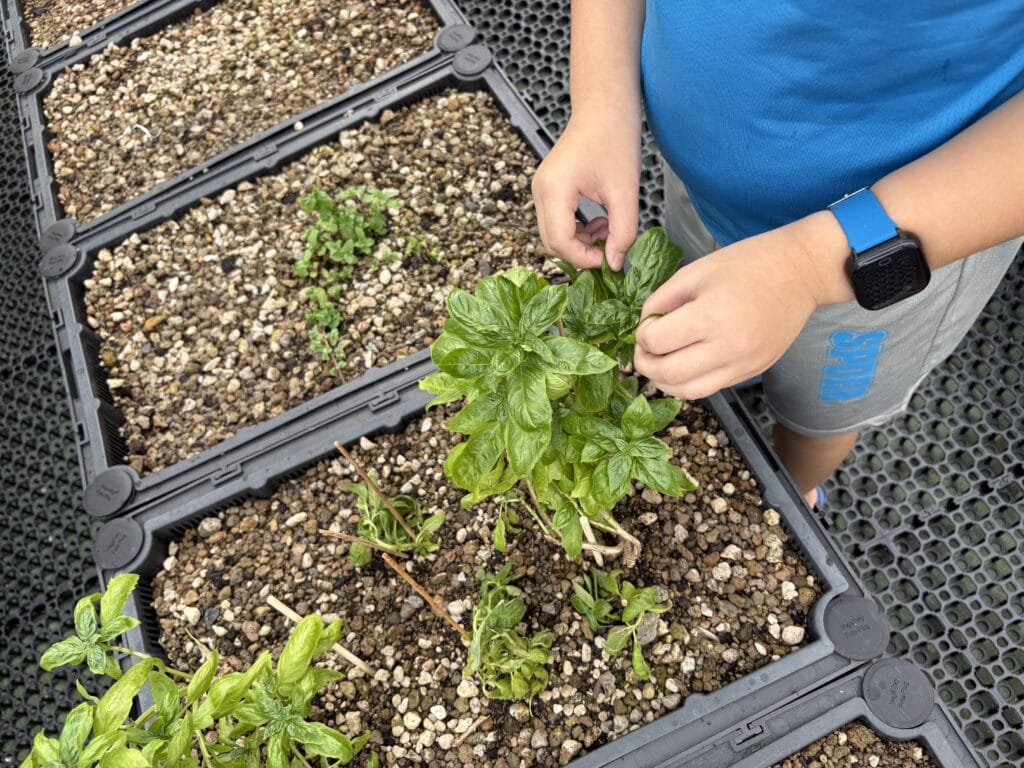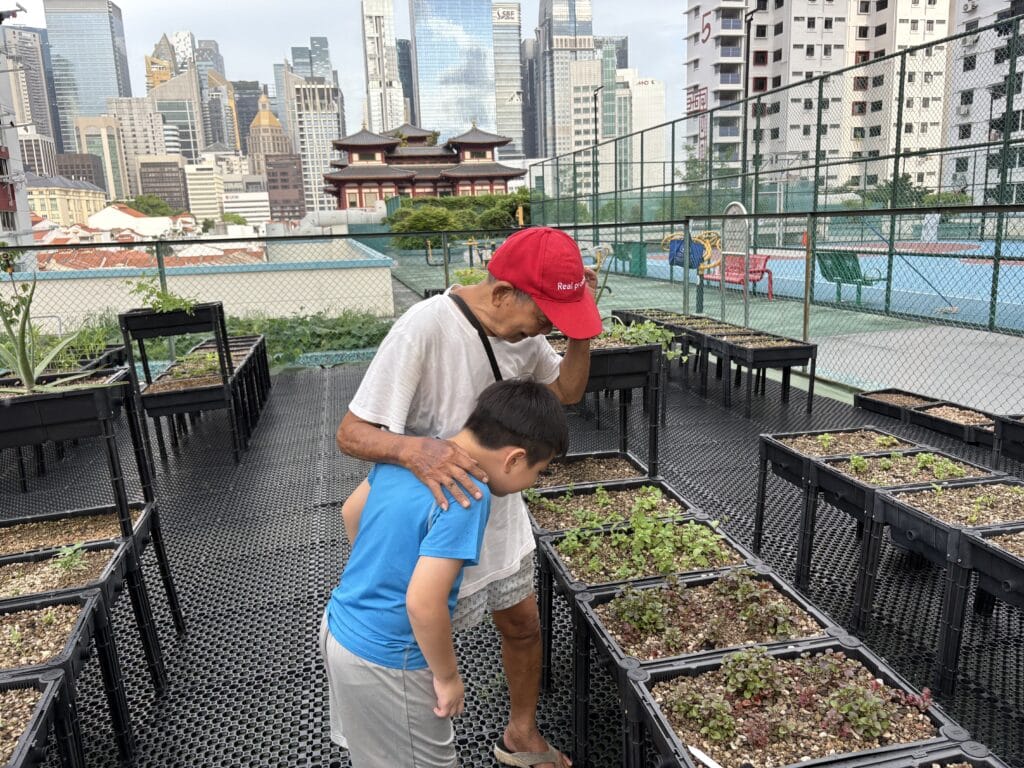Eco-Heroes
Corridor Farmers: Growing Gardens of Community in Singapore
22 May 2025
By Wu Xueting
In land-scarce and import-dependent Singapore, Roc Koh reimagines food security through the circular relationship between agriculture and community. He shares how his agro-consultancy, Corridor Farmers, transforms underutilised, everyday spaces into edible gardens that bring people and food together.

